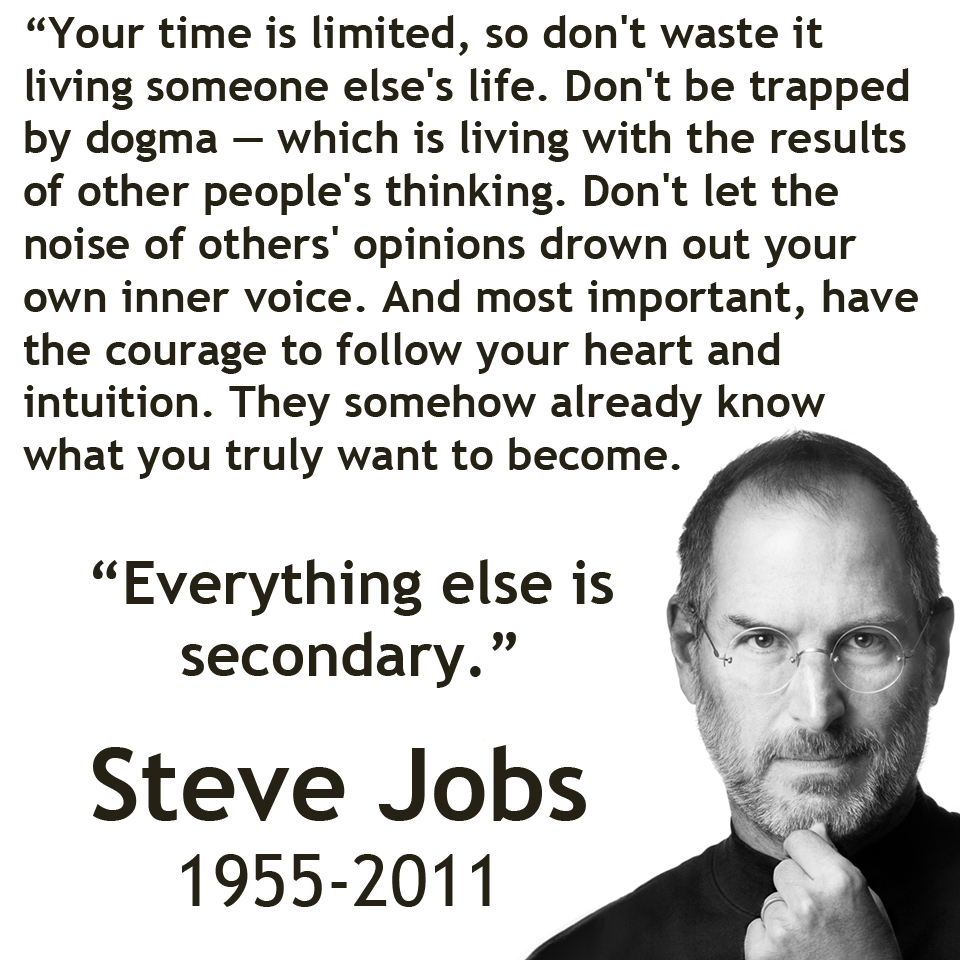It’s often goes without notice, with any conflict, that people who refuse to forgive usually have good reasons. The offending party may be, in fact, hazardous. A friend once sat at mother’s kitchen table and explained that there is a difference between trust and forgiveness. When hurt, it’s easy to become drunk on anger. But, then we often attempt to sedate our anger-drunkenness through abused wife complexes and encourage the beating to continue. A mother can do this as a way to survive, even rebuking her children who try to stand up to the abusive father. Too often, this disaster is viewed as “forgiveness”. Letting a murderer walk, no matter how “sorry” he is, isn’t merely about our own feelings towards him. It’s about our need to protect other innocent people from future harm. Our own pain can easily lead to narcissism and we no longer consider needs of others. We easily think that, in order to “forgive”, other innocent people must be put at risk. · · · →
Good Judgement: A Direction toward Reconciliation

It’s often goes without notice, with any conflict, that people who refuse to forgive usually have good reasons. The offending party may be, in fact, hazardous. A friend once sat at mother’s kitchen table and explained that there is a difference between trust and forgiveness. When hurt, it’s easy to become drunk on anger. But, then we often attempt to sedate our anger-drunkenness through abused wife complexes and encourage the beating to continue. A mother can do this as a way to survive, even rebuking her children who try to stand up to the abusive father. Too often, this disaster is viewed as “forgiveness”. Letting a murderer walk, no matter how “sorry” he is, isn’t merely about our own feelings towards him. It’s about our need to protect other innocent people from future harm. Our own pain can easily lead to narcissism and we no longer consider needs of others. We easily think that, in order to “forgive”, other innocent people must be put at risk. · · · →
謝謝,史蒂夫喬布斯

所以我決定離開學校,我相信船到橋頭自然直。當時這段時間非常可怕,但回頭去看,那是我這輩子做過最好的決定之一。我離開學校之後,再也不用上那些我不感興趣的必修課,並開始投入那些我有興趣的課程。
當然在我上大學時,不可能預知需要這些人生重點串聯起來,但十年後的今天回顧起來,這是非常非常清楚的,我再說一次,你不能預先串連起這些人生的重點,你只有在回顧時才會明白,所以你必須相信,這些片段,會在你未來的人生派上用場。你必須相信某些東西,直覺、命運、生命、緣份等,因為這些點點滴滴終將串連在一起,讓你有信心去追求你想要的,帶來不同凡響的人生。
你們的時間有限,所以不要浪費時間活在別人的生活裏。不要被信條所惑,盲從信條,就是活在別人思考結果裏。不要讓別人的意見淹沒了你內在的心聲。最重要的,擁有跟隨內心與直覺的勇氣,你的內心與直覺多少已經知道你真正想要成為什麼樣的人。任何其他事物都是次要的。
– 史蒂夫喬布斯,斯坦福大學,2005年6月12日
歡呼聲給瘋子,不稱職者,叛亂者,麻煩製造者, 他們是圓釘卻被迫放入方孔中… 他們對事情有不同看法… 他們不喜歡規則,也不尊重現況… 你可以引述他們,反對他們,頌揚或詆毀他們,但你唯一不能做的事情就是忽視他們,因為他們會導致事情改變… 他們推動人類向前發展。有些人可能會認為他們是瘋子,我們卻認為是天才,因為他們是如此的瘋狂,他們認為自己可以改變世界… 他們也將會做到。
– 史蒂夫·喬布斯, 一九九七年 · · · →
Thank You, Steve

“…So, I decided to drop out and trust that it would all work out okay. It was pretty scary at the time, but, looking back, it was one of the best decisions I ever made. The minute I dropped out I could stop taking the required classes that didn’t interest me and begin dropping in on the ones that looked far more interesting…
“Of course it was impossible to connect the dots looking forward when I was in college, but it was very, very clear looking backwards ten years later. Again, you can’t connect the dots looking forward. You can only connect them looking backwards. So, you have to trust that the dots will somehow connect in your future. You have to trust in something—your gut, destiny, life, karma, whatever—because believing that the dots will connect down the road will give you the confidence to follow your heart, even when it leads you off the well-worn path. · · · →


